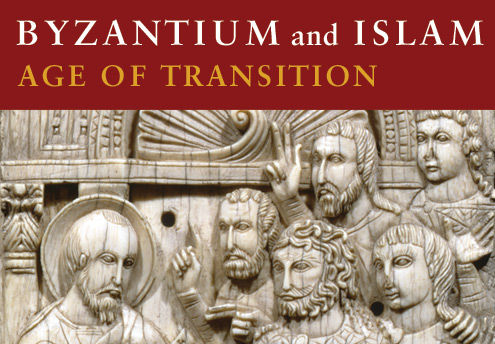The Byzantines, however, preferred negotiating to fighting, and they brought diplomacy to a high level. The subtlety of the instructions given their envoys has made “Byzantine” a lasting word for complexity and intrigue. First Persia and then to some extent the Muslim caliphate were the only states whose rulers the Byzantine emperors regarded as equals. All others were “barbarians.”
In their endless effort to protect their frontiers the
Byzantine emperors dealt realistically with those “barbarian” peoples whom they could not conquer. They negotiated treaties, obtaining military assistance and allowing the vassal peoples to enjoy the luxuries that Byzantine money could buy. A kind of “office of barbarian affairs” kept imperial officials supplied with intelligence reports on the internal conditions of each barbarian people.
As in Roman times, when the emperor sent arms to the chieftain of a foreign tribe, it was the equivalent of adoption. The Christian Byzantine emperor could make the paternal relationship even stronger by sponsoring a pagan barbarian ruler at his baptism. The son of such a chief might be invited to be educated at Byzantium, and thus introduced to all the glories of Byzantine civilization.
Titles in the hierarchy of the palace were bestowed on barbarian rulers. Marriage was also a most useful instrument. Barbarian leaders were pleased to marry Byzantine women of noble family; and when it was a question of a particularly desirable alliance, the emperor himself might marry a barbarian princess.

